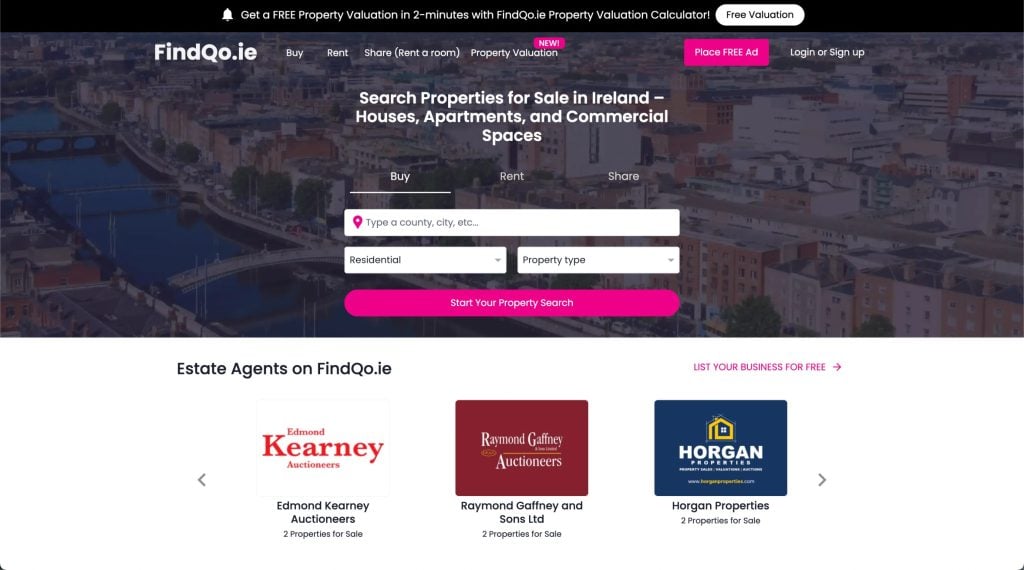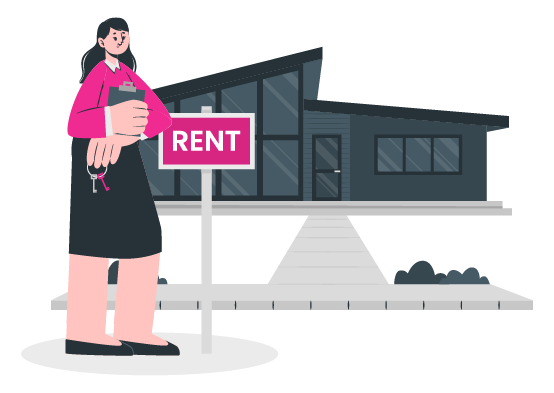Welcome to the ultimate guide for landlords in Ireland! If you own property and are looking to rent it out, it’s important to understand the complex regulations that govern the rental market in Ireland. This guide will walk you through everything you need to know to navigate the legal landscape and ensure you are compliant with all the rules and regulations.
Understanding the Basics
Before diving into the specifics of Ireland’s rental regulations, let’s start with the basics. As a landlord, you are responsible for renting out your property to tenants in a fair and legal manner. This means following all the laws and regulations set out by the Residential Tenancies Board (RTB) and other relevant authorities.
Key Points to Remember:
- Register with the RTB: All landlords must register with the RTB and provide details of their tenancies.
- Security Deposits: You can ask for a security deposit from your tenants, but it must be protected in a government-approved tenancy deposit protection scheme.
- Rent Reviews: You can only increase rent once every 24 months, and proper notice must be given to tenants.
- Minimum Standards: Your property must meet certain minimum standards for health and safety.
Dealing with Rent Increases
One of the most common issues that landlords face is rent increases. In Ireland, you can only increase rent once every 24 months, and the increase must be in line with market rates. It’s important to give your tenants proper notice of any rent increase and to follow the guidelines set out by the RTB.
For example, if you have a tenant who has been renting from you for over two years, and you want to increase the rent, you must give them at least 90 days’ notice in writing. This allows the tenant time to adjust to the new rent amount and make any necessary arrangements.
Handling Tenancy Disputes
Unfortunately, disputes can arise between landlords and tenants. If you find yourself in a disagreement with your tenant, it’s important to handle the situation professionally and according to the law. The RTB provides a dispute resolution service that can help resolve conflicts between landlords and tenants.
For example, if your tenant is not paying rent or is causing damage to the property, you can file a dispute with the RTB. They will investigate the matter and make a decision based on the evidence provided by both parties. It’s important to keep detailed records of all communications and transactions with your tenant in case a dispute arises.
Ensuring Property Standards
As a landlord, you are responsible for ensuring that your property meets certain minimum standards for health and safety. This includes providing a safe living environment for your tenants, maintaining the property in good repair, and ensuring that all appliances are in working order.
For example, if you have a gas boiler in your property, you must ensure that it is serviced annually by a registered gas installer. This helps to prevent carbon monoxide leaks and ensures the safety of your tenants. It’s also important to respond promptly to any maintenance requests from your tenants to keep the property in good condition.
Conclusion
Congratulations, you have now successfully navigated Ireland’s complex rental regulations! By following the guidelines set out by the RTB and other relevant authorities, you can ensure a smooth and legal renting experience for both you and your tenants.
Remember to register with the RTB, handle rent increases and tenancy disputes professionally, and maintain your property to the highest standards. By being a responsible landlord, you can build positive relationships with your tenants and create a successful rental business in Ireland.
Thank you for reading this guide, and best of luck with your rental ventures!


